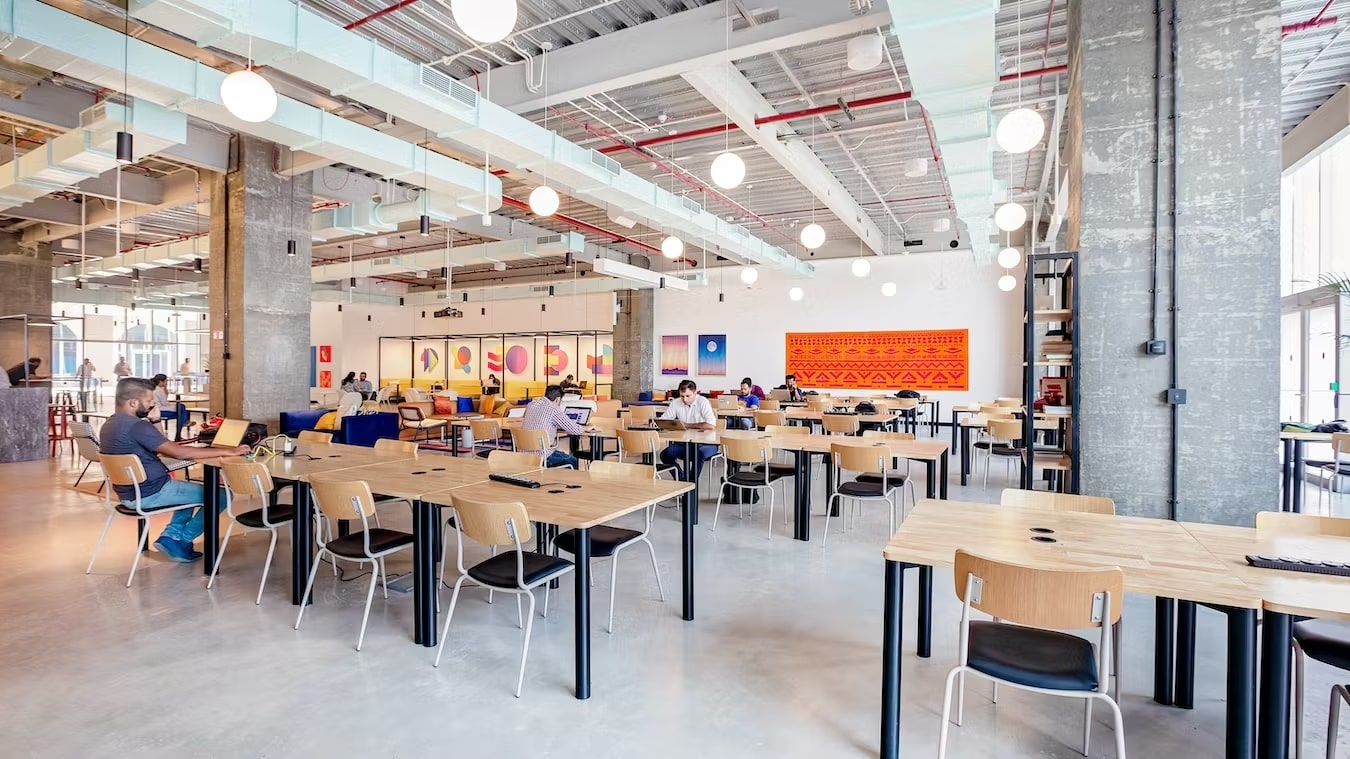With over 5 million employees globally, the BPO industry faces significant changes as AI technology advances. Embracing AI brings both challenges and opportunities, requiring a reassessment of property management strategies and a shift towards flexible solutions. But how exactly is AI reshaping the future of BPOs?
In the realm of Business Process Outsourcing (BPO), the conversation around Artificial Intelligence (AI) often revolves around concerns of job displacement. While it's undeniable that AI is poised to revolutionise many aspects of the industry, from customer service to data analysis, the impact is not solely about replacing human workers. Instead, it's about how BPOs can adapt and leverage AI to offer more flexible workspaces, fostering nimbleness and resilience in an ever-changing business landscape.
The concept of 'flexible workspaces' in the BPO market has evolved beyond mere physical locations. It now encompasses the rapid expansion, contraction, and repositioning of centres where people work. Amidst the backdrop of apprehension surrounding AI's potential to automate jobs, with over 5 million individuals employed globally in the BPO sector, the implications are substantial.
The BPO industry, now 45 years old, has weathered significant transformations in its trajectory. Initially rooted in telemarketing, its evolution has been punctuated by pivotal moments such as the enactment of Do Not Dial legislation and, more recently, the seismic shift brought about by the COVID-19 pandemic. The pandemic catalysed an abrupt transition from office-based to remote work, underscoring the need for adaptability and flexibility in workspace arrangements.
However, the current narrative dominating discussions within the BPO sector is the omnipresence of AI and its transformative potential. As AI technologies advance, the landscape of BPO operations stands on the brink of profound change. What was once centred around offering flexible workplaces now pivots towards providing flexible workspaces, aligning with the dynamic needs of the industry.
Amidst this paradigm shift, companies are compelled to rethink their approach to property management. The future demands a departure from traditional models towards embracing specialised solutions that facilitate the seamless management of expansion, contraction, and repositioning. Property becomes fungible, necessitating an agile approach to remain competitive, efficient, and sustainable, both socially and environmentally.
However, amidst the disruptions lie opportunities. Despite concerns, the BPO industry continues to forecast growth at a rate of 5-9% annually. To capitalise on this growth, BPOs must pivot towards capturing market share from internal business functions. This can be achieved by offering AI-enabled services that are not only efficient but also flexible in terms of location. By leveraging AI to deliver services faster and more cost-effectively than internal counterparts, BPOs can carve out a competitive edge in the evolving landscape.
In conclusion, the impact of AI on BPOs transcends mere job replacement. It signifies a broader shift towards flexible workspaces and adaptive operations. Embracing AI presents both challenges and opportunities, requiring BPOs to reimagine their strategies and embrace agility to thrive in an era of constant change.
Find out how we can deliver efficient, flexible, and sustainable workspaces for you.


